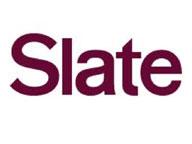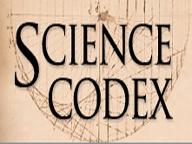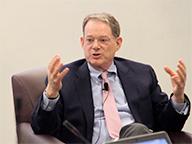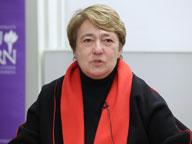Faculty News
—
Prof. Michael Spence on economic reform in China
—

Excerpt from China Daily -- "A. Michael Spence, who was awarded the Nobel Prize for economics in 2001 and chaired the World Bank's Commission on Growth and Development, said the growth target mentioned in Chinese Premier Li Keqiang's government work report during the two sessions was a 'reasonable' goal. 'This figure seems a very reasonable estimate and goal for growth this year, provided there isn't some major crisis outside - somewhere in the global economy or financial system,' said Spence."
Faculty News
—

Excerpt from China Daily -- "A. Michael Spence, who was awarded the Nobel Prize for economics in 2001 and chaired the World Bank's Commission on Growth and Development, said the growth target mentioned in Chinese Premier Li Keqiang's government work report during the two sessions was a 'reasonable' goal. 'This figure seems a very reasonable estimate and goal for growth this year, provided there isn't some major crisis outside - somewhere in the global economy or financial system,' said Spence."



















